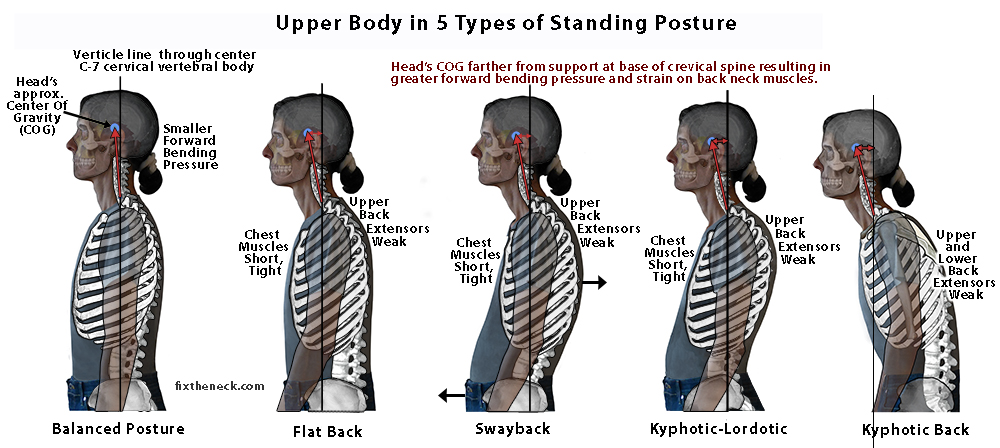Neck pain is something that everyone, particularly in this day and age with the rise of mobile phones and technology, will experience in their lifetime. Causes are plentiful and can range from poor posture to sleeping on a non-supportive pillow to neurological implications to disease and disorders and of course, trauma.
Common causes of pain in the cervical spine include:
- Degenerative disc disease: this is usually more common in older adults as it is a common part of ageing but also affect people who are overweight, have labour intensive jobs, have osteoarthritis of the spine or scoliosis.
- Neck strain and injury: this includes whiplash and usually effects those who participate in heavy contact sports or have experienced physical trauma.
- Cervical radiculopathy: can occur because of a herniated disc, degenerative disc disease or spinal stenosis which puts pressure on the spinal cord or nerve root. Pain can be felt in the neck region or can be felt radiating to the shoulder and arms.
- Chronic poor posture: constant forward pulling of the neck can put stress on the vertebrae of the lower neck and overwork the muscles of the upper back and neck to counter the pull of gravity on the neck. This can cause the above disorders and diseases as well as develop trigger points in muscles surrounding the neck which can be painful to touch.
- Stress and mood: one of the most common and overlooked risk factors of developing neck and shoulder pain.
- Muscle weakness/tightness: the neck muscles themselves could be weak the antagonistic muscles (particularly ones that flex the neck) could be weak, short or tight, resulting in the neck muscles overworking and straining to keep the extended.

Image source: Fix the Neck
Neck Pain Treatment
The main problems that arise from neck injuries and disorders are pain and limited range of motion. Some will find rotating their heads painful and difficult, while others might constantly feel stiff and tight, particularly as a result of chronic poor posture. Once the cause of stiffness and/or pain is identified, a tailored and individualised remedial massage experience can be extremely effective.
Remedial massage can work to increase mobility in the neck and ease pain by kneading out tension in the muscle, release trigger points that may be the point of pain and also reduce muscle spasms.
Deep tissue massage can also work to release any adhesions contributing to neck stiffness and simultaneously work on the fascia surrounding the muscles. Loosening the muscles and fascia surrounding the neck will not only allow for increase range of movement and mobility but will alleviate pain in everyday life.
